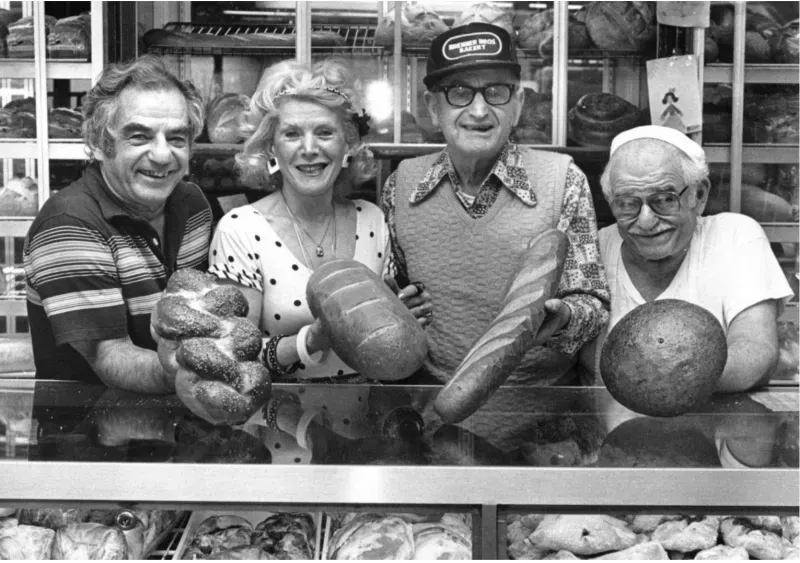In 1989 in the sales pit at my first radio sales gig there was claim board where each of us thumbtacked our prospects for all to see. It was intended to keep us from stepping on each other’s toes in those days before the advent of CRMs (and computers on every desk, for that matter). You’d take a claim sheet with the prospective client’s company name and contact information and pin it up. All seven other account executives had to sign off on it before you made your first call.
I think you can see the problems with the system. They’re just not the problems you’d think.
We were a low rated radio station targeting working women. And being a relatively new radio station in the Seattle market, we had very little name recognition amongst regular radio advertisers much less small and medium sized businesses. So for most of us our best prospects came from listening to other radio stations, looking at billboards and taking notes during the ad breaks during the local news at night. There was no Google, only the Yellow Pages; there was no LinkedIn, just calling the receptionist at the phone number you found and asking who made the advertising decisions. And the claim board was on an honor system; no claiming you were calling on the account unless you actually were.
I think you can see more clearly the problems with the system. They’re just not the problems you’d think.
The biggest problem with the system for a rookie wasn’t having every prospect called out as claimed (though most were indeed being called on). The problem was that the claim board became the source of endless snickers as the veterans gave me a running commentary as they signed the claim sheet.
“Don’t waste your time with that guy.”
“Good luck with them.”
“They never buy radio.”
It was demoralizing at best and utterly defeating at worst. I tore up more than one claim sheet for a good prospect after hearing war story after war story about how bad the prospect was to salespeople generally, media sales people specifically and radio salespeople most specifically. Until the day I went for lunch at a client just up the street from our studios. It was a deli that was housed inside a large bakery. The bakery had distribution into every grocery store in the Puget Sound and every one of us on the sales floor had made a run at selling them an ad campaign targeting our wonderful audience of working moms. Almost out of spite, as I was paying for my sandwich I asked the person at the counter who handled the advertising.
“Well, I do,” the man taking my money said. “Why do you ask?”
“Um, er, I, uh…my name is Sean Shannon and I work at KLSY up the street and I wanted to talk to you about how we could help you with your sales?” I half asked, half said. I was intending to say something eloquent about our reach, our wonderful relationships with their retailers like Safeway and Albertson’s and the innovative programs we had developed to help companies like theirs improve their distribution and shelf placements but I froze. And how glad I am that I did.
“It’s interesting that you’d say that,” the man behind the counter said. “I was just thinking this morning about our deli here and ways that we could improve our lunch business. If you could come back tomorrow after the lunch rush I’d love to hear your ideas.”
This was the genesis of my first significant sale of my radio career. It also points to the crux of the problem with the claim board.
We in sales live in a world that delicately balances wisdom and wonder, especially when it comes to who we think we can sell. In approaching prospects we need to apply the wisdom we’ve gained from every other client we’ve worked with. Those learnings in what works and what doesn’t are a large part of how solutions sellers create value for their clients. But too much wisdom creates jadedness and cuts us off from possibilities.
We also need to live in a world of wonder. A world of boundless curiosity. “I wonder if?” needs to be an integral part of our daily thought practice. Now, too much wonder can lead to spinning wheels and fairy tale prospects. But if even one of those seven other seasoned veterans had ever asked themselves, “I wonder if that bakery’s deli does a good business?” they would have landed the six figure account that I did that day as I fumbled for change as I paid for my corned beef on rye.
Wisdom and wonder. Spend a little more time on the latter than the former and watch your pipeline fill and your commission checks grow.

